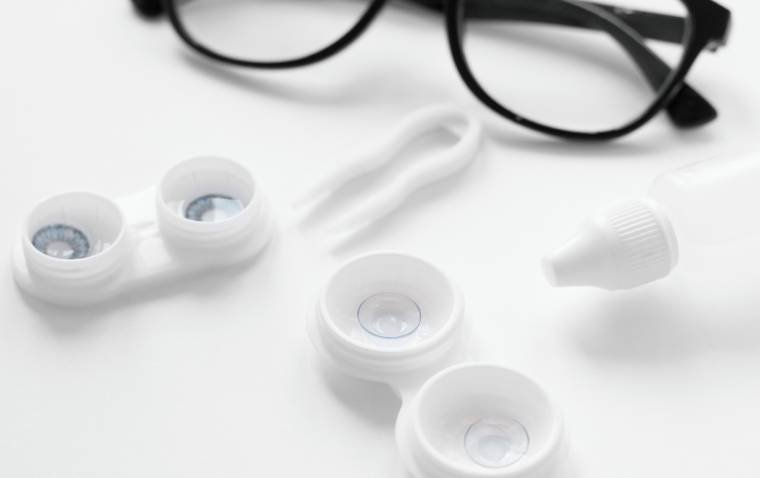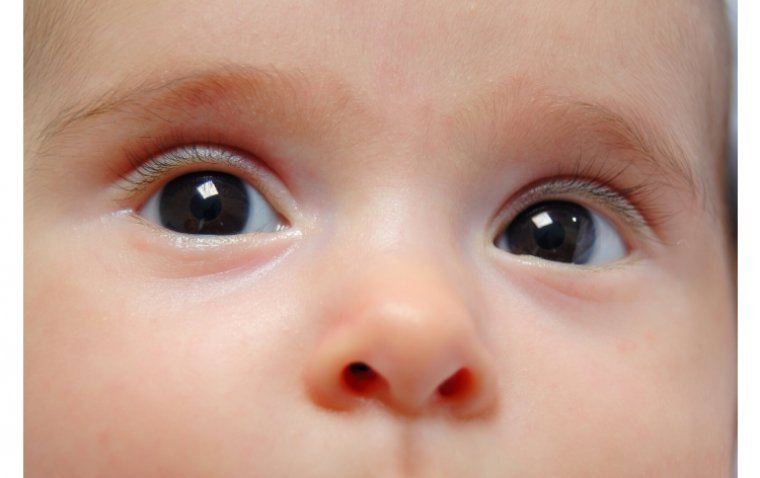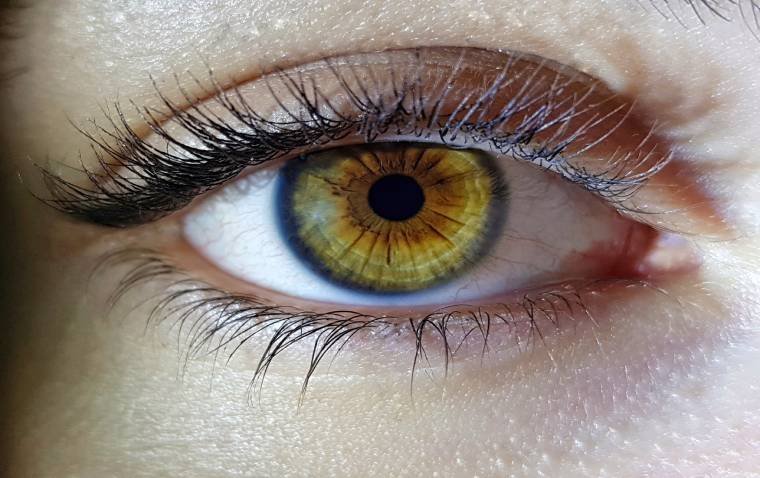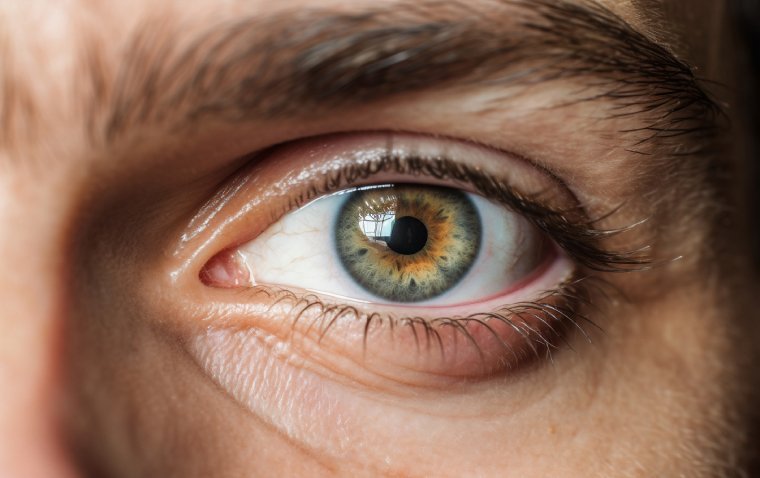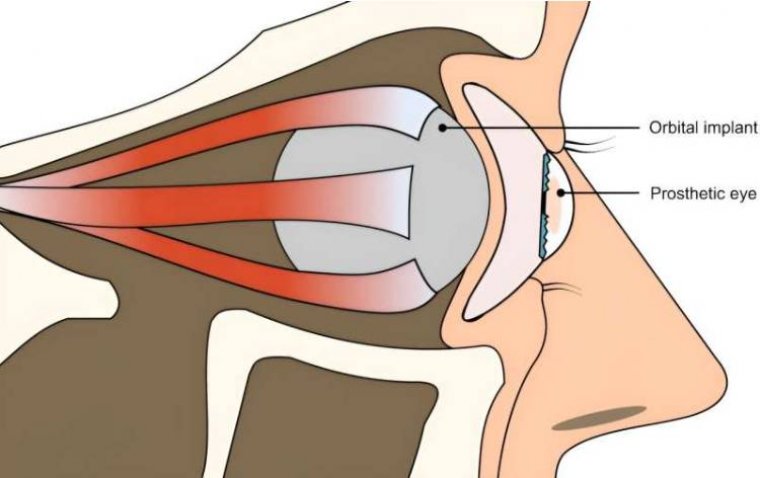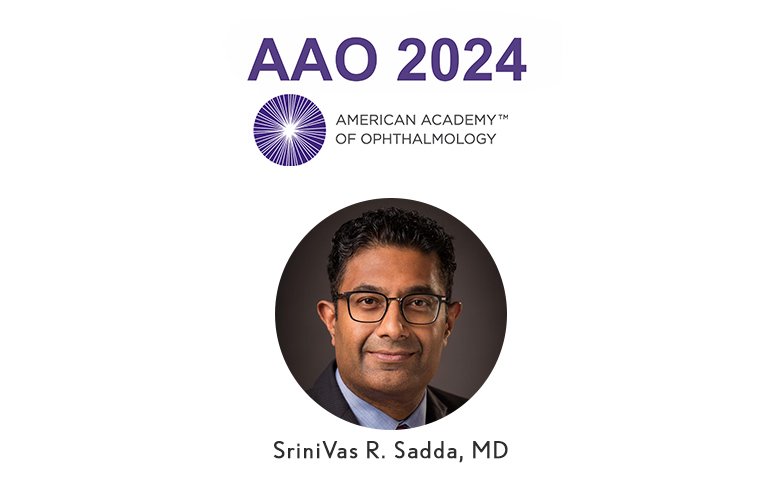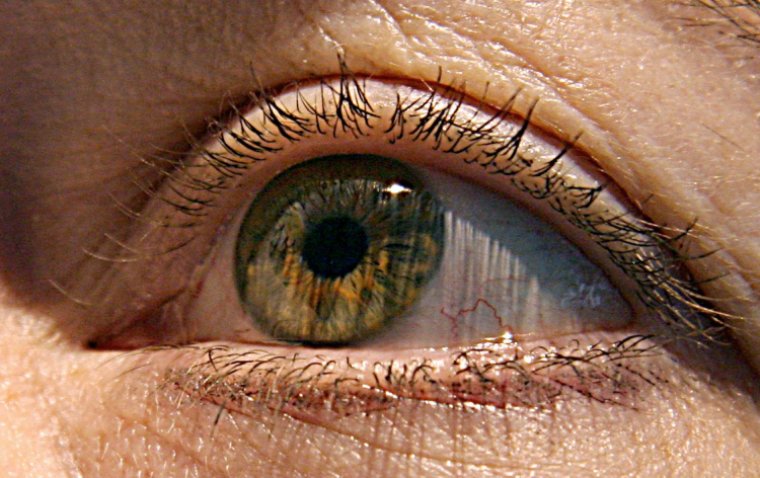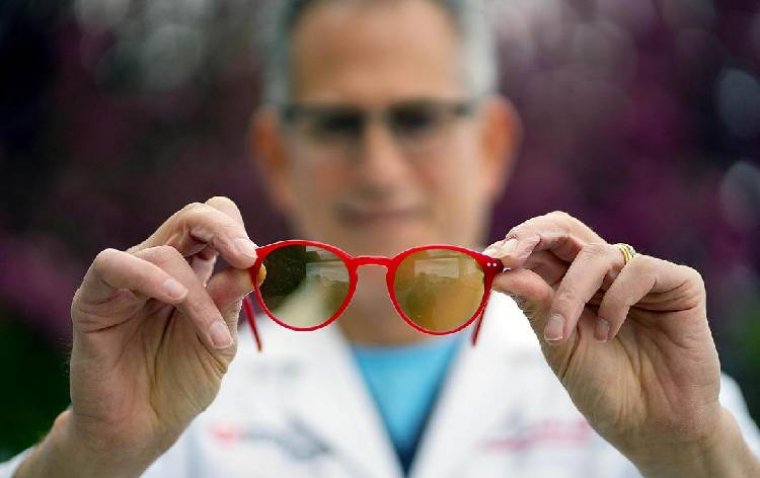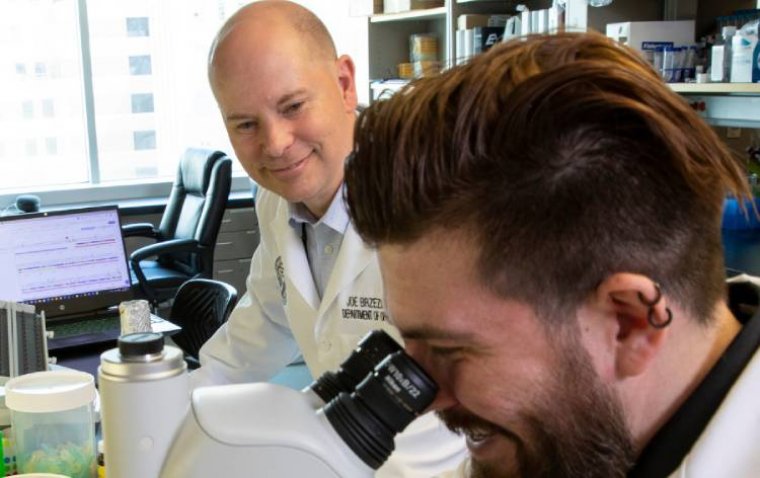
Researchers Awarded NIH Grants to Advance Vision Restoration Efforts
Researchers at the Department of Ophthalmology, University of Colorado School of Medicine, have been granted nearly $4 million in R01 grants from the National Institutes of Health (NIH) to bolster their work at CellSight, the Ocular Stem Cell and Regeneration Research Program based at the Sue Anschutz-Rodgers Eye Center.
Funded by the National Eye Institute (NEI), these grants support ongoing efforts to potentially restore vision for patients facing irreversible blindness from conditions like age-related macular degeneration (AMD).
AMD is a progressive eye condition that affects the macula, a small central area of the retina responsible for sharp, central vision needed for activities like reading and driving. As AMD advances, it can blur the central vision, making it difficult to see fine details. It is a leading cause of vision loss in people over 50 and can significantly impact daily activities and quality of life.
Moving Closer to Restoring Vision in AMD Patients
Dr. Valeria Canto-Soler, associate professor of ophthalmology and director of CellSight, received $2.1 million over four years. Her research focuses on developing solutions to facilitate cell-based transplantation strategies aimed at regenerating photoreceptors and retinal pigment epithelium (RPE) cells crucial for light detection and visual function.
Dr. Joseph Brzezinski, associate professor of ophthalmology and director of CellSight’s laboratory of developmental genetics, secured $2 million in an R01 grant renewal. His research investigates the genetic underpinnings of retinal cell formation, laying groundwork for potential AMD treatments.
"Restoring vision in AMD patients is a big dream, but we are continuously moving closer to that being a reality," remarked Dr. Canto-Soler. "These grants, along with our passionate CellSight team, could help accomplish something truly incredible that we believe could one day make a difference in so many lives."
Understanding the Blueprint of Retinal Development
Dr. Brzezinski’s research delves into the genetic blueprint responsible for building various cell types within the retina critical for vision. By deciphering gene regulatory networks controlling cell differentiation, his work aims to uncover mechanisms crucial for vision restoration therapies.
"As a basic scientist at heart, I want to know how everything works," Dr. Brzezinski explained. "Understanding these developmental mechanisms is pivotal for advancing treatments for blinding diseases."
Advancing Cell-Based Transplantation Strategies
Dr. Canto-Soler's project addresses the challenge of restoring vision lost to end-stage dry-AMD by devising novel cell-based transplantation strategies. Her focus is on integrating photoreceptors and RPE cells into the retina, essential for transmitting visual signals to the brain.
"To restore vision, we must replace non-functioning photoreceptors and establish connections within the retina," said Dr. Canto-Soler. "Our goal is to demonstrate the structural and functional integration of transplanted cells, paving the way for future clinical trials."
The team has already developed human-induced pluripotent stem cell-derived 3D retinal transplants and aims to demonstrate their successful integration in animal models by the conclusion of the grant in May 2028.
(1).jpg)
